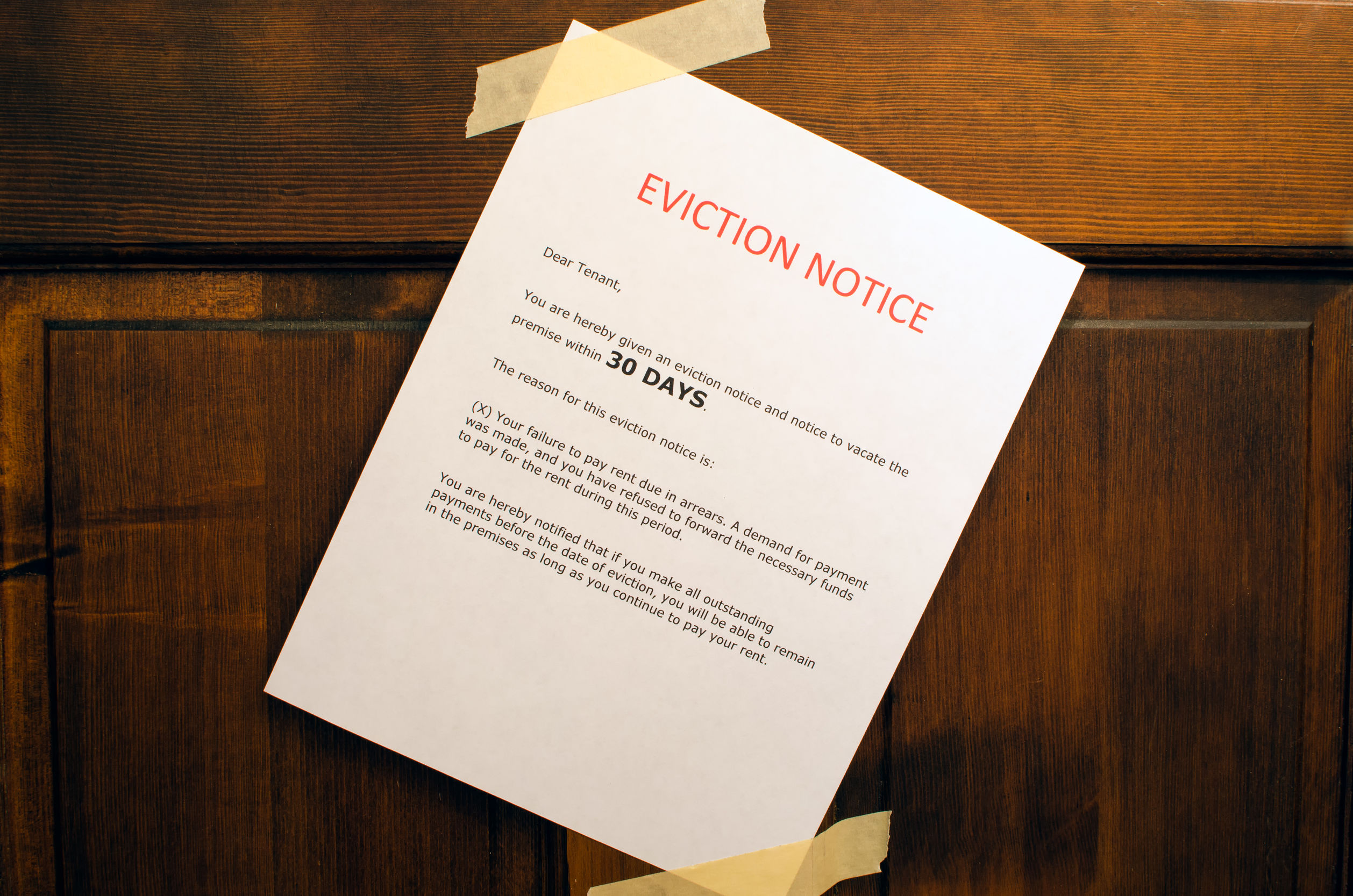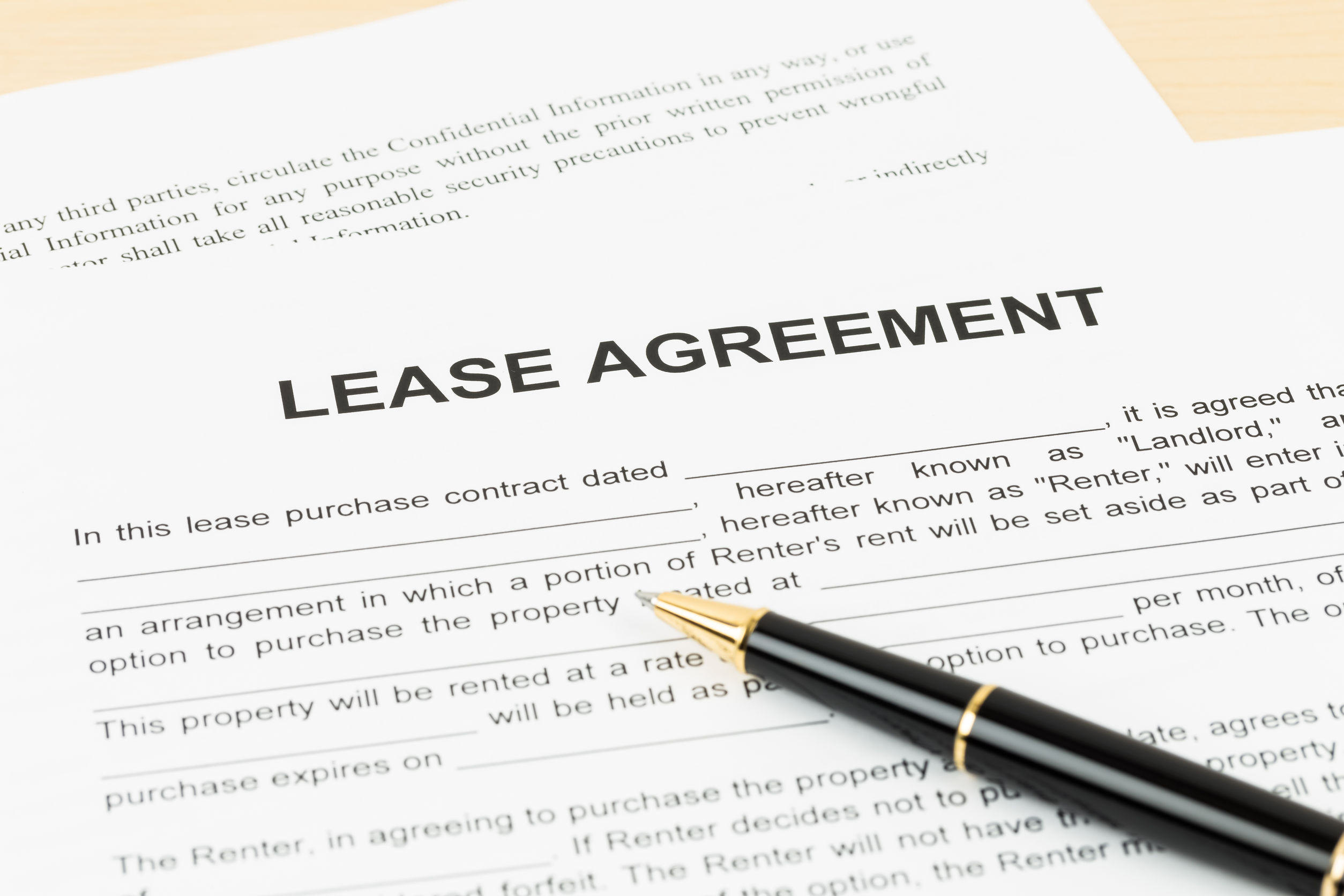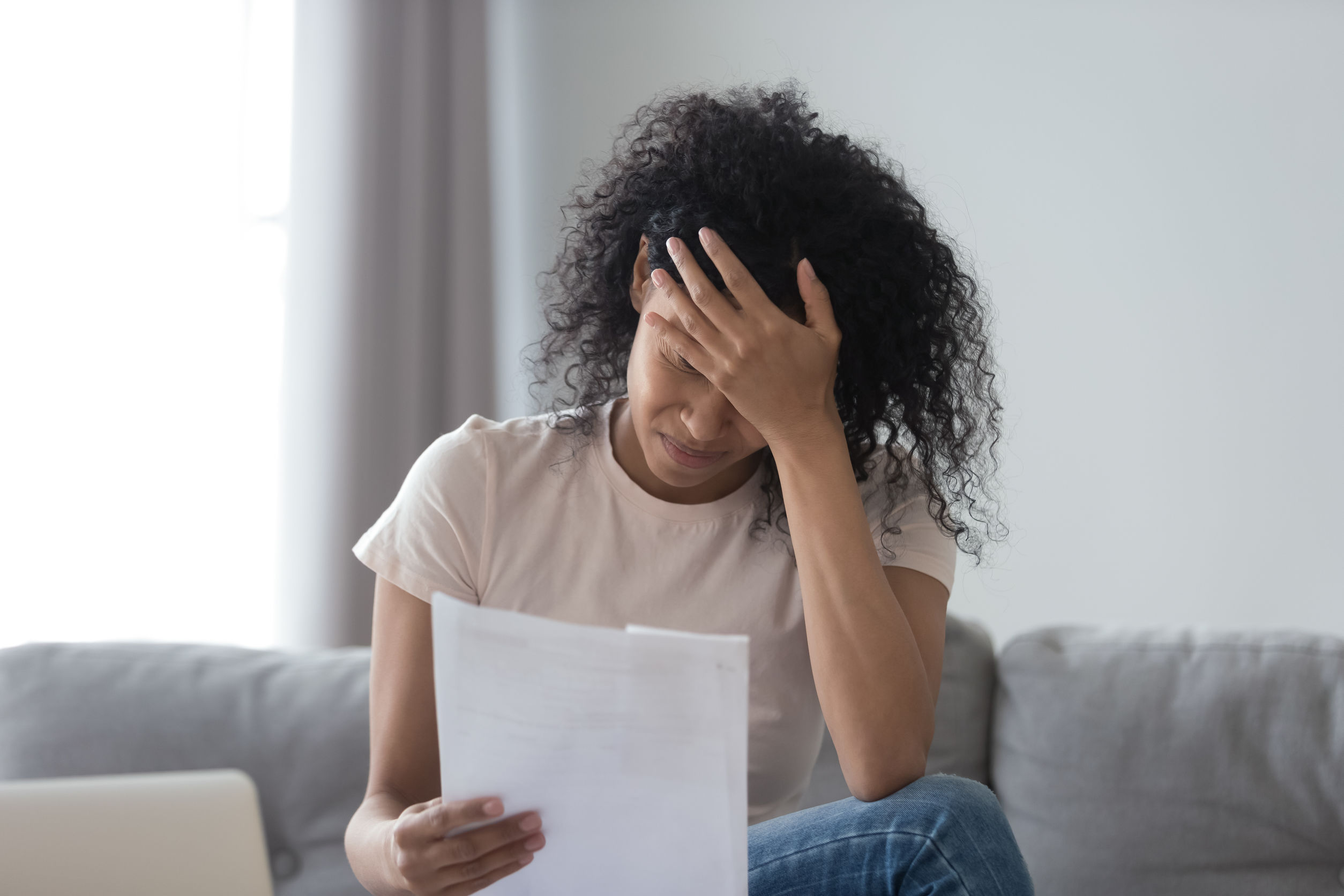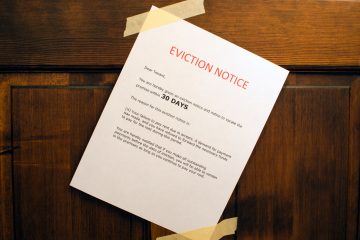A record number of evictions are being filed in Franklin County each month. Understanding your responsibilities and knowing your rights as a tenant can help avoid an eviction.

A landlord can evict a tenant (with or without a lease) if:
- The tenant does not pay rent when it is due.
- The tenant stays in the property after the lease has expired, without paying rent.
- The landlord gave a 30-Day Notice to Move and the tenant stays past the deadline.
- The landlord gave the tenant a notice to correct a condition in the property and the tenant does not correct the problem within 30 days. Note: This 30 day notice does not apply if the problem involves the use or sale of illegal drugs.
- The tenant violates a reasonable and fair term of the lease.
- If the tenant is engaged in illegal drug activity.
- The tenant is a registered sex offender and is residing in an area where the law does not allow the offender to live.
Your Responsibility
As a tenant, you must pay rent every month. Even if you have a lease, your landlord could force you to move if you do not pay your rent on time. If you do not have a written lease, your landlord can raise your rent by any amount he wants as long as he gives you proper notice of at least 30 days from the next time rent is due.

Besides paying your rent on time, you have other legal obligations as a tenant.
- In general, you must avoid damaging the rental property or permitting your guests or visitors to do so. You are not responsible for normal wear and tear, however (for example, walls that routinely need to be repainted, or plumbing fixtures that break down because of long use.)
- You are responsible for any damage you cause. Your landlord can file an eviction if you damage the property or he can take the money out of your security deposit when you move out. He can also sue for additional damages if the security deposit does not cover the total cost of damages.
- You must keep your house safe and sanitary.
- You must dispose of trash and garbage in a sanitary manner.
- You must keep all appliances provided by the landlord in good working order.
- You must keep the electrical and plumbing fixtures clean and use them properly.
- You must not disturb other tenants.
- You must permit your landlord to enter your home if he makes a reasonable request and gives you a reasonable notice (usually 24 hours).
Know Your Rights
A landlord cannot prevent you from exercising certain rights.
- A landlord cannot shut off utilities, change the locks, set out your possessions or threaten any of these acts to make you move out.
- A landlord cannot enter an apartment whenever s/he wants or repeatedly demand to enter.
- A landlord cannot remove any property from the dwelling belonging to you without proper court action
- A landlord cannot keep your property as collateral in order to force you to pay rent.
- S/He cannot increase rent, decrease services, or even threaten to bring an eviction because you complain, report a code violation or join a tenant’s union.

WHERE TO GET HELP
If you think your landlord is harassing you or making unreasonable demands for entry, contact the Legal Aid Society or another
attorney.
If you are looking for affordable housing options in Far South
Columbus, contact Southside Hope CDC at 614-886-9922 for a list of reputable landlords.


